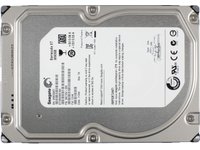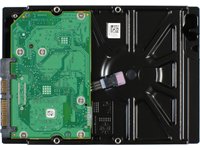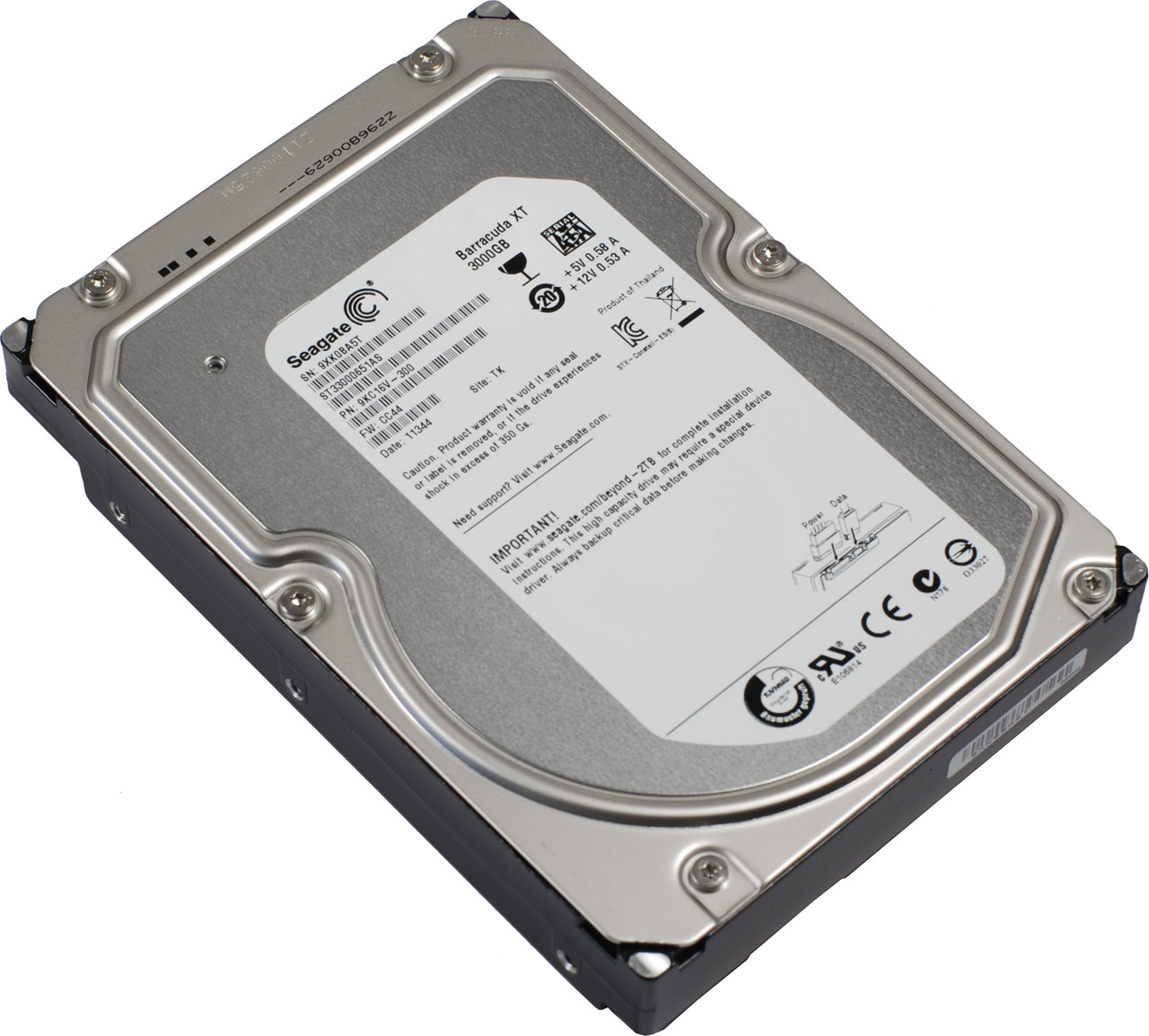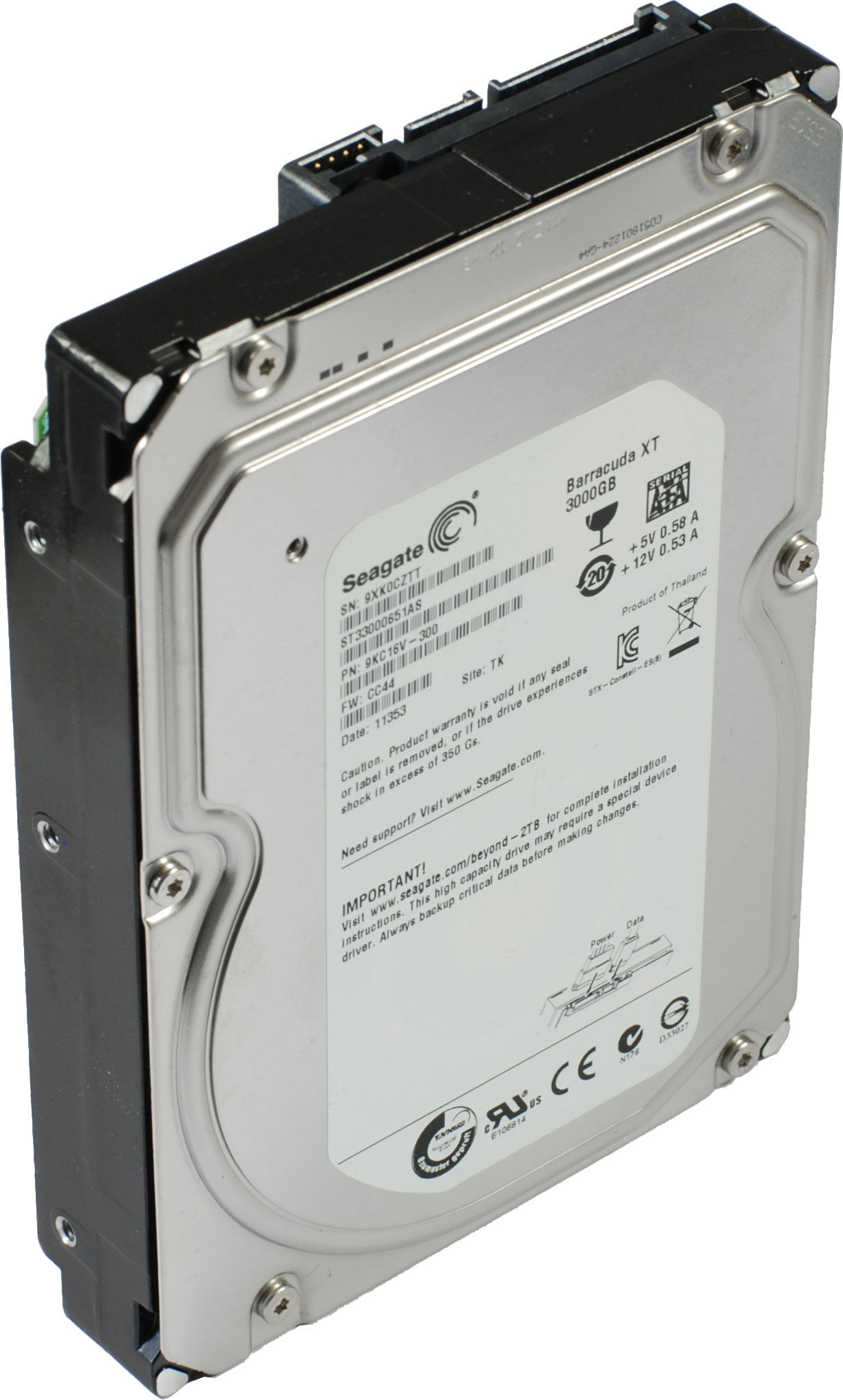Four 3 TB Hard Drives, Tested And Reviewed
Hard drives able to hold 3 TB of data need to be considered carefully because they might not always work as expected. This round-up of four high-capacity disks compares products from Hitachi, Seagate, and Western Digital, then covers their caveats.
Seagate Barracuda XT (ST33000651AS)
In addition to its impressive 3 TB capacity, the Seagate Barracuda XT holds its own against the rest of the competition when it comes to performance as well. Just like the Hitachi Deskstar 7K3000, Seagate's drive is equipped with a 64 MB cache, a 6 Gb/s SATA interface, and a spindle speed of 7200 RPM. Besides the 3 TB flagship model (ST33000651AS), Seagate also offers the Barracuda XT with four platters instead of five, resulting in a reduced capacity of 2 TB (ST32000641AS).
With its high speed, Seagate suggests that the Barracuda XT is particularly well-suited for high-performance PC gaming systems, HD video editing, desktop RAID arrays, and home/small business servers. Use that word server carefully, though. This product was primarily designed for desktop use, and servers have different requirements, often starting with the interface all four of these disks employ.
Performance
This drive has the highest sequential read rate, with an average of nearly 120 MB/s. However, the Hitachi Deskstar 7K3000 is closely behind at 118 MB/s. Thanks to its impressive speed, the Seagate drive also does well in tasks that require quick access times, such as application launching. In typical server workloads, the Seagate Barracuda does not perform up to the level suggested by its manufacturer. In the Iometer benchmark, which assesses typical Web server, workstation, and database performance, even the supposedly slower drives from Hitachi and Western Digital perform better. That's a clear sign that the Barracuda XT is not optimized for such tasks. Then again, we already knew that, right?
When it comes to saving power, Seagate overtakes Hitachi and its Deskstar 7K3000. While Hitachi's device uses up to 9.2 W, depending on the benchmark, the Barracuda XT uses a maximum of 7.7 W.


Get Tom's Hardware's best news and in-depth reviews, straight to your inbox.
Current page: Seagate Barracuda XT (ST33000651AS)
Prev Page Hitachi Deskstar 5K3000 (HDS5C3030ALA630) And Deskstar 7K3000 (HDS723030ALA640) Next Page Western Digital Caviar Green (WD30EZRS)
